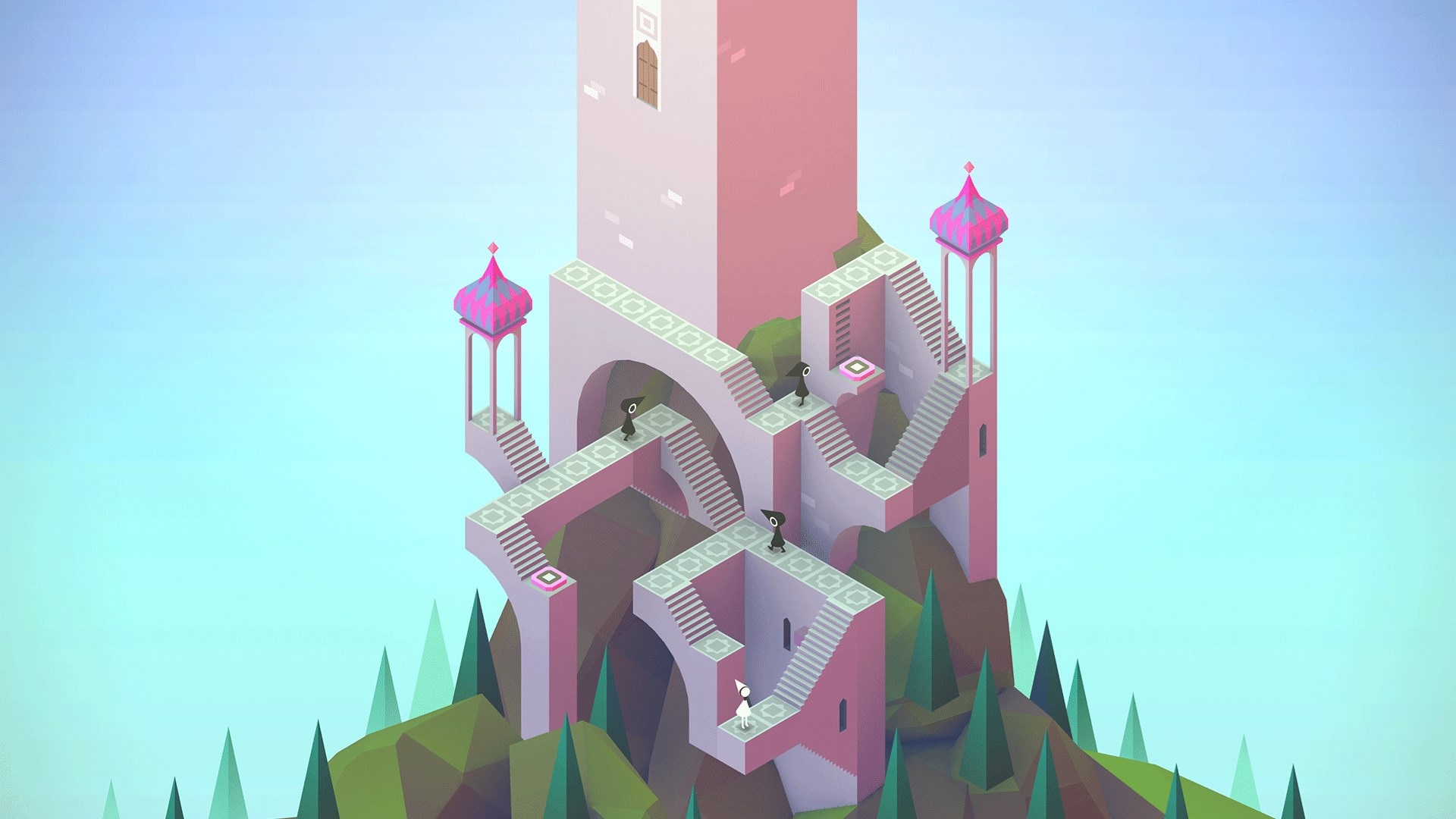The future of Cortana is all about helping you work better on Windows 10 and beyond
Cortana has been stagnant in the market for some time now. Google and Amazon have leapfrogged Microsoft in this market, which is a real shame. So, what's the plan here?
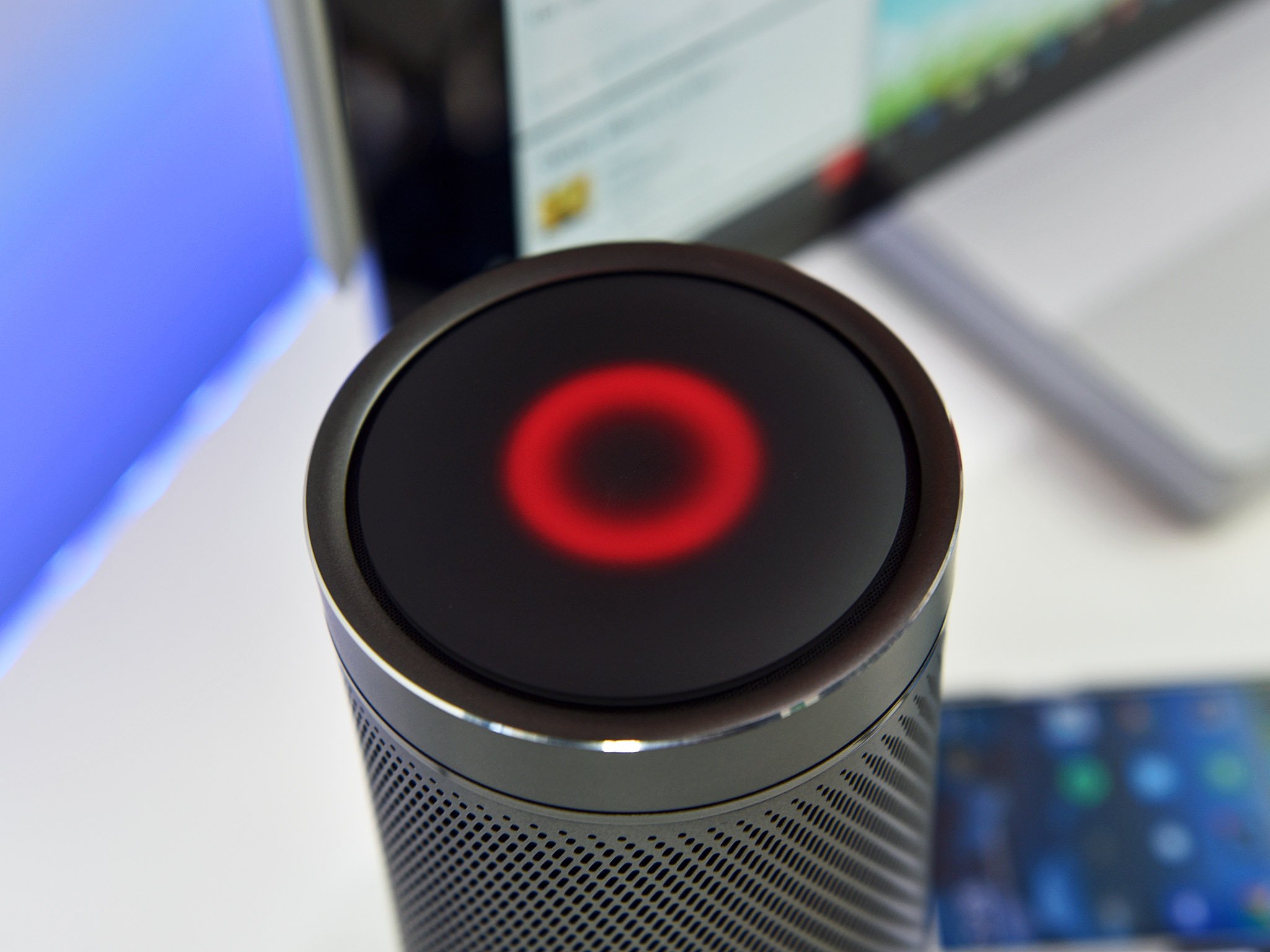
Microsoft's own digital assistant Cortana is a very curious case in 2018. It's a feature (service?) that appears to be alive and kicking internally, but showing little to no sign of improvement externally. Cortana has become stagnant in the digital assistant market; it's still mostly US only, its dedicated speaker game is basically non-existent, and its integration with Windows 10 (the only platform where it has any leverage) kind of sucks.
At this point, there's nothing Microsoft can do to compete with Google or Amazon. Cortana has fallen too far behind to play catch up, and honestly, it doesn't look like Microsoft wants to compete in the digital assistant market anyway, at least not in the consumer space. If they did, we'd have seen some action from Microsoft by now fighting back, but we haven't. So, what's going on? If Cortana is alive and kicking internally, why isn't Cortana improving on the surface?
Instead of chasing Google Assistant and Apple Siri, Microsoft is repositioning Cortana as a "productivity assistant" to help you get stuff done.
I've been asking around, talking to several sources about Cortana for quite some time now, because it fascinates me at how bad things have turned for the assistant. Remember that when Cortana first launched, it was a shining example of what a digital assistant should be. It was better than anything else on the market at the time, but ever since Windows 10 launched, things have fallen behind and never recovered.
As it turns out, Microsoft is well-aware that Cortana has fallen behind, and it also knows full well that there's nothing it can do to bring Cortana back up into the light for consumers. So, instead of wasting resources in even trying, Microsoft is attempting to "reposition" (for lack of a better term) Cortana as more of a productivity assistant rather than a 'personal assistant' that most digital assistants pitch themselves as. What does this mean? Quite a few things, actually.
A refined experience
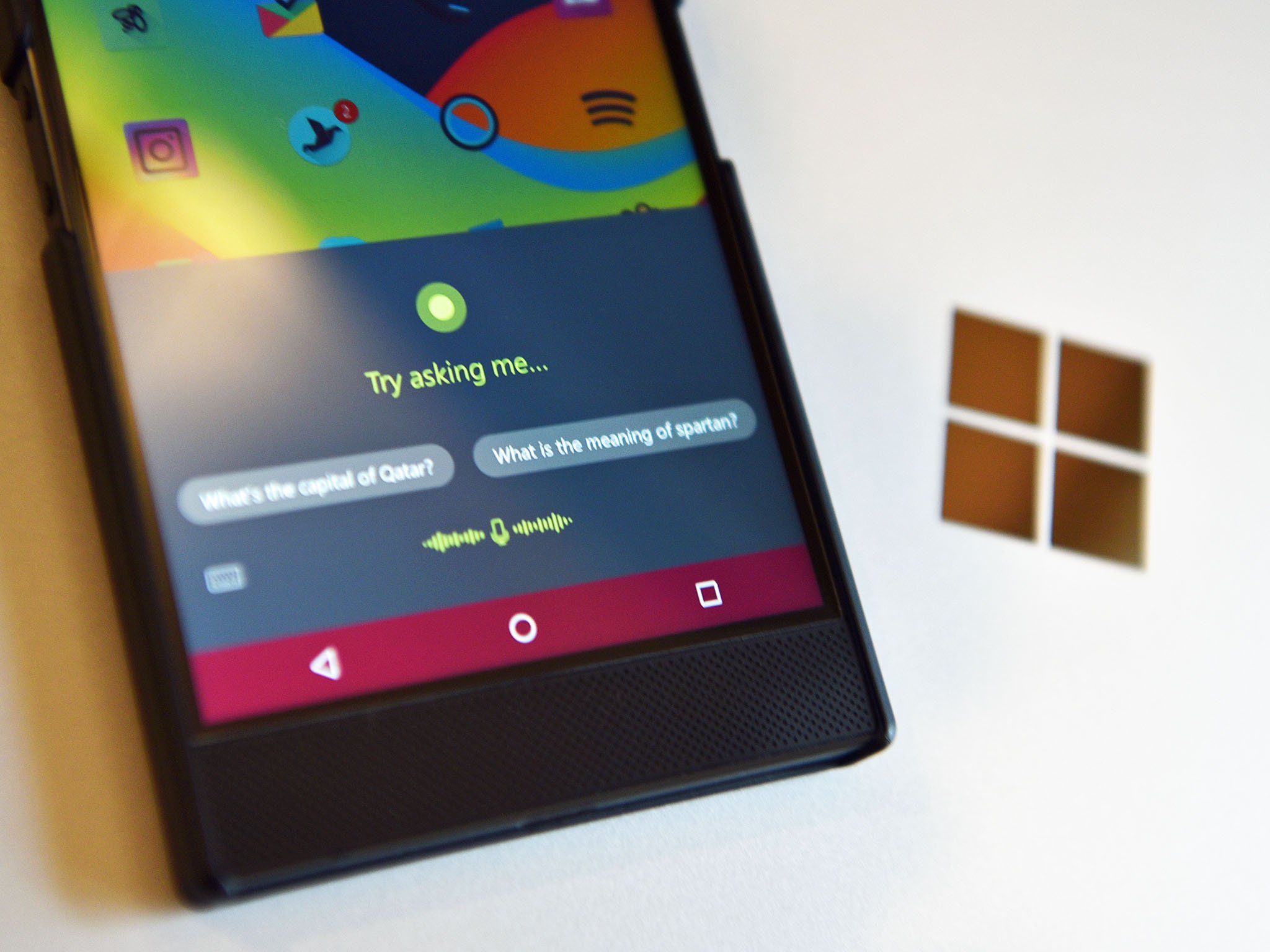
To begin, it means Microsoft is redesigning how users interact with Cortana on Windows 10. Up until now, the only entry point for Cortana has been via Windows Search, which most users have expressed extreme dislike towards. Turns out, most people use search for search, and don't want things like news, upcoming calendar events, and more in their search experience, and rightly so.
I've already written a bit about this in the past, Microsoft is planning to move Cortana's entry point into the Action Center / System Tray, and promote a more keyboard friendly experience that encourages the user to type rather than speak. Microsoft calls this new experience "conversational canvas", and is essentially just a chat window between the user and Cortana. Of course, you can still use your voice if you like, but most people prefer typing when at their PCs.
The conversational canvas is designed to be a continuous dialogue between the user and the system. Cortana will still be able to do common digital assistant tasks, including things like turning appliances on or off, ask it to define words, reminders, weather, and more, just like you already can today, except since it's a conversation view you have a thread. Because of this, you can scroll up and see what you and Cortana have said in the past, etc.
Get the Windows Central Newsletter
All the latest news, reviews, and guides for Windows and Xbox diehards.
Microsoft's end goal is to integrate Cortana into Windows 10 seamlessly so that users don't even know they're using it.
However, there's more to the story than simply moving Cortana's entry point into the Action Center. Microsoft's end goal here is to integrate Cortana into Windows 10 seamlessly so that users don't even know they're using the assistant. This is where the "productivity" aspect of this repositioning comes in. Cortana can keep you being productive by sharing activities across devices with Timeline and "Pick up where you left off," sync and manage notifications across devices, and present things contextually.
What's more, since Cortana is moving into the Action Center, Cortana becomes the "manager" of all your notifications on Windows and other platforms. In the future, Cortana may even be able to organize notifications, and automatically set reminders depending on the contents of the notifications. Then you've got things like Focus Assist, which Cortana taps into. You'll notice that Cortana already pops up with things you missed once you turn Focus Assist off.
More integration
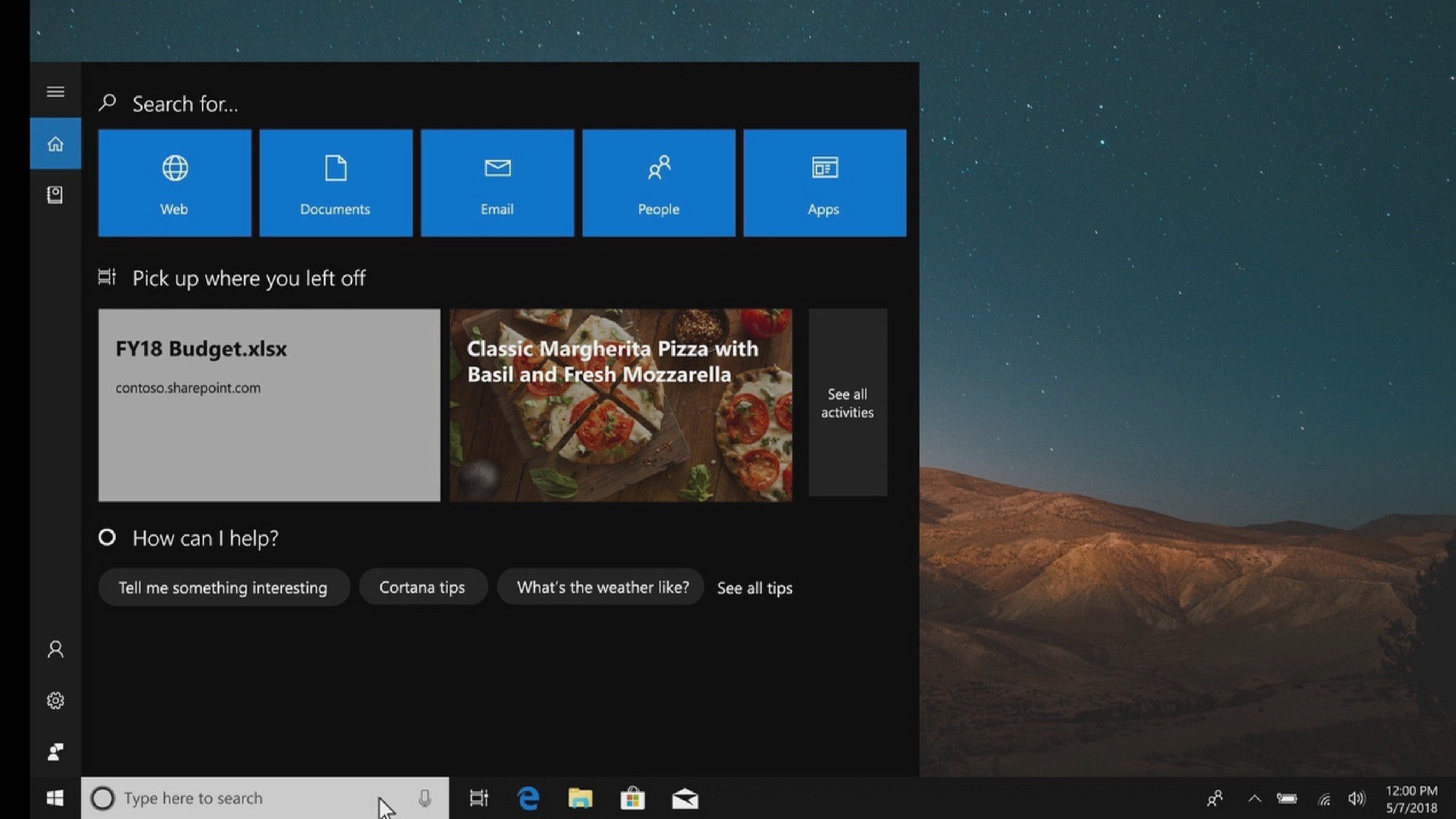
The same goes for Timeline. Cortana can hook into Timeline data across devices, and cherry pick what it thinks will be most relevant to the user and present it via "pick up where you left off." What's more, Things like Timeline and Focus Assist actually work in markets where Cortana doesn't, and that's the beauty of this new "rethinking" of Cortana. Instead of building new features under Cortana, said new features are built standalone and Cortana is simply integrated into them.
This means new features don't have to be dependent on Cortana, and can work in areas where the assistant doesn't. This is a much better solution as it means feature availability isn't held hostage by Cortana's lack of availability outside of the United States. Timeline is a standalone feature that Cortana can talk to, rather than being a Cortana feature that requires Cortana to function to be useful.
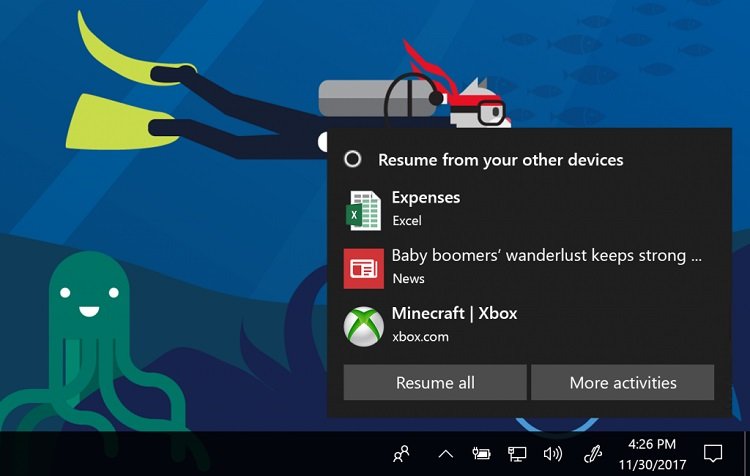
Regarding search, Cortana will still be part of Windows Search but you'll no longer find things like the latest news or weather in there. Instead, you'll find suggestions that will help you stay productive, such as your recent activities in Timeline, and direct access to specific search categories. This is an example of how Cortana is being integrated into areas of the OS without necessarily being all up in your face about it.
So, what's happening with things like Cortana Skills and the Harman Kardon Invoke? As far as I'm aware, nothing. Cortana Skills aren't going away, because it'll always be handy to be able to control your lights via your PC or a dedicated speaker. The Harman Kardon Invoke continues to be updated with new features and functions, suggesting Microsoft is not done in this area either. We'll likely see Cortana show up in more appliances like the GLAS thermostat over time, too.
Microsoft is the only company that can truly make your PC and smartphone work better together.
This repositioning of Cortana is very interesting. Microsoft is in a unique position here, as it's the only company that can do this with Cortana. Google and Amazon don't have a PC platform, making Microsoft is the only company that can truly make your PC and smartphone work better together. Google Assistant won't be able to help you on your PC, and it won't be able to send notifications and other things to your PC either. Cortana can.
While it doesn't fix all of Cortana's problems, it does mean Cortana won't be going away anytime soon. Instead, we should see Cortana become smarter, more integrated, and more seamless in Windows 10, and work for the user without the user necessarily even thinking about it. In fact, a lot of these changes are already available in Redstone 4, and I'd wager we'll be seeing more of these improvements show up over the next year or so.

